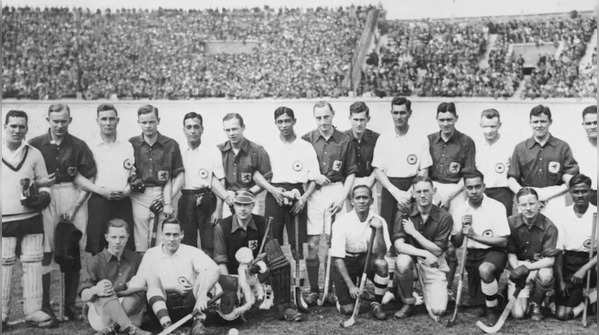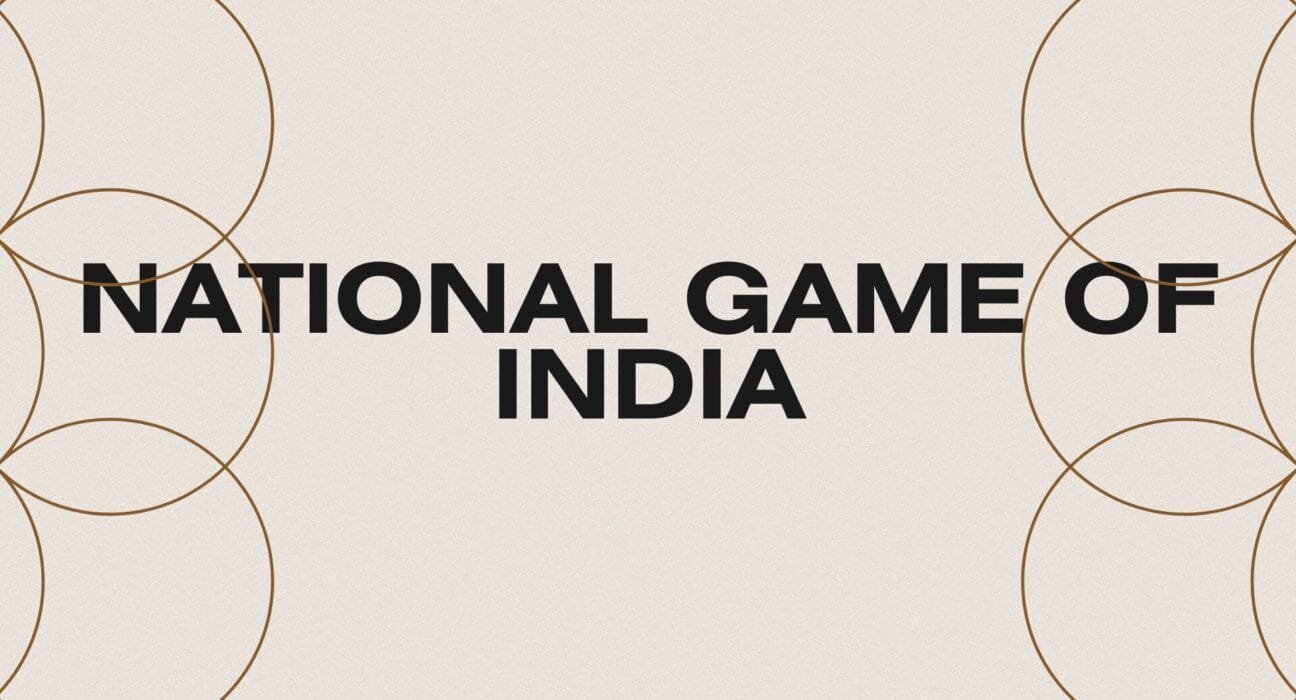Introduction
India, a nation steeped in history, culture, and tradition, is also home to various sports that reflect its diversity. While many countries officially recognize one sport as their “national game,” India’s case is slightly different. For decades, many believed that field hockey held this prestigious title. However, contrary to popular belief, There’s no National Game in India. This absence reflects the country’s changing sports landscape, its complex history, and a growing recognition of the need for inclusivity across all sports. Let’s dive deeper into this fascinating topic, explore the history behind this myth, and understand why India doesn’t officially declare a national sport.
The Myth Of Field Hockey As A National Game In India
The misconception that field hockey is India’s national game dates back several decades. This belief took root due to India’s phenomenal success in the sport during the early 20th century. Between 1928 and 1956, the Indian men’s hockey team won six consecutive gold medals at the Olympics, dominating the global field hockey scene. During this period, India emerged as a hockey powerhouse, thanks to legendary players like Dhyan Chand, whose brilliance on the field captivated audiences around the world.

Why The Myth Persisted:
- Olympic Glory: India’s unparalleled success in hockey during the Olympics made the sport synonymous with national pride. The country won eight Olympic gold medals between 1928 and 1980.
- Cultural Significance: Hockey was widely played in schools and military academies, further embedding it in the national consciousness.
- Media Influence: Newspapers and media often referred to hockey as the “national game,” perpetuating the belief without verifying any formal declaration.
As India’s hockey team continued to achieve success, the sport became deeply ingrained in the national consciousness. For many Indians, field hockey symbolized national pride, unity, and sporting excellence. Consequently, it became widely accepted—albeit incorrectly—that field hockey was the national game of India.
Why Is There No Official National Game?
Government Clarification: In 2020, the Ministry of Youth Affairs and Sports issued an official statement, making it clear that India has no national game. The ministry responded to an RTI (Right to Information) query, stating, “The government has not declared any sport as the national game.” This clarification finally dispelled the long-standing myth surrounding field hockey.
India’s lack of an official national sport is intentional and significant. There are several reasons why the government has never declared any single sport as the national game:
- Diversity of Sports: India is home to a multitude of sports, ranging from ancient traditional games like kabaddi, wrestling, and archery to popular modern sports like cricket, football, and badminton. Given the diverse sporting interests across different regions, selecting one sport to represent the entire country would be a difficult and perhaps unfair choice.
- Promotion of Inclusivity: In a country as vast as India, declaring a single national game could undermine other sports that are popular in different regions. For example, cricket dominates in urban centers, while kabaddi has deep roots in rural India. By not designating an official national sport, the government allows for greater inclusivity and recognition of all sports.
- Evolution of Sporting Preferences: Over time, India’s sporting landscape has evolved, with different sports rising to prominence. While hockey was once considered a dominant sport, today cricket, badminton, wrestling, and even football are immensely popular. Declaring a national game in the past might have limited the promotion of these newer sports that now thrive across the country.
The Role Of Cricket In Shaping India’s Sporting Identity
Despite the absence of an official national sport, it’s impossible to ignore the towering presence of cricket in India’s sporting culture. Cricket is, without doubt, the most followed and celebrated sport in the country. From the historic victory in the 1983 Cricket World Cup to the rise of the Indian Premier League (IPL), cricket has transformed into a cultural phenomenon, drawing millions of fans.
The widespread popularity of cricket has sometimes overshadowed other sports, leading to debates about whether cricket should be declared the national sport. However, many argue that the overwhelming focus on cricket has already limited attention and funding for other sports. Thus, keeping India’s sports landscape free from the confines of a single “national game” allows for more balanced development across various sports.
Rise Of Other Sports In India
In recent years, India has experienced a sports renaissance, with multiple disciplines gaining recognition and support. India’s success in international competitions like the Olympics, Commonwealth Games, and Asian Games has contributed to the growing interest in a variety of sports:
- Badminton: Players like PV Sindhu and Saina Nehwal have put India on the global badminton map, winning medals in the Olympics and World Championships.
- Wrestling and Boxing: India’s wrestlers and boxers, such as Mary Kom, Sushil Kumar, and Bajrang Punia, have earned international acclaim, bringing home multiple medals from prestigious events.
- Athletics: Neeraj Chopra’s historic gold medal in javelin at the 2020 Tokyo Olympics marked a turning point for athletics in India, inspiring a new generation of athletes to pursue track and field events.

- Football: While cricket reigns supreme, football has steadily gained popularity, particularly with the advent of the Indian Super League (ISL), which has brought global attention to Indian football.
- Traditional Sports: Kabaddi has seen a resurgence, with the Pro Kabaddi League boosting the sport’s visibility and helping it regain its traditional popularity.
Changing Government Policies: Khelo India And Sports Promotion
Recognizing the potential of sports to inspire and unite the nation, the Indian government has launched initiatives like Khelo India to promote sports at the grassroots level. This initiative aims to encourage young athletes from all corners of the country to participate in a variety of sports, ensuring that talent is nurtured and developed from an early age.
Additionally, organizations like the Sports Authority of India (SAI) and initiatives like the Target Olympic Podium Scheme (TOPS) are focused on providing support and resources to athletes competing in international events. These programs reflect the government’s commitment to creating a sports culture that is inclusive and representative of India’s diverse sporting talent.
Conclusion: A Sporting Nation Without Boundaries
India’s decision to not declare an official national game highlights the country’s unique sporting diversity. While field hockey holds a special place in the hearts of many Indians due to its early successes, the modern-day sports landscape is much more expansive, embracing everything from cricket to badminton, wrestling, and athletics.
Rather than limiting itself to one national sport, India celebrates a multitude of games, reflecting the country’s evolving identity and its ability to excel across disciplines. By fostering an inclusive approach, the nation encourages the development of a broad range of sports, enabling athletes from every corner of the country to shine. This progressive stance is a testament to India’s dynamic and growing role on the global sporting stage, where no single game defines its national spirit.
For More Such Blogs, Visit Woocur
Thank you!






